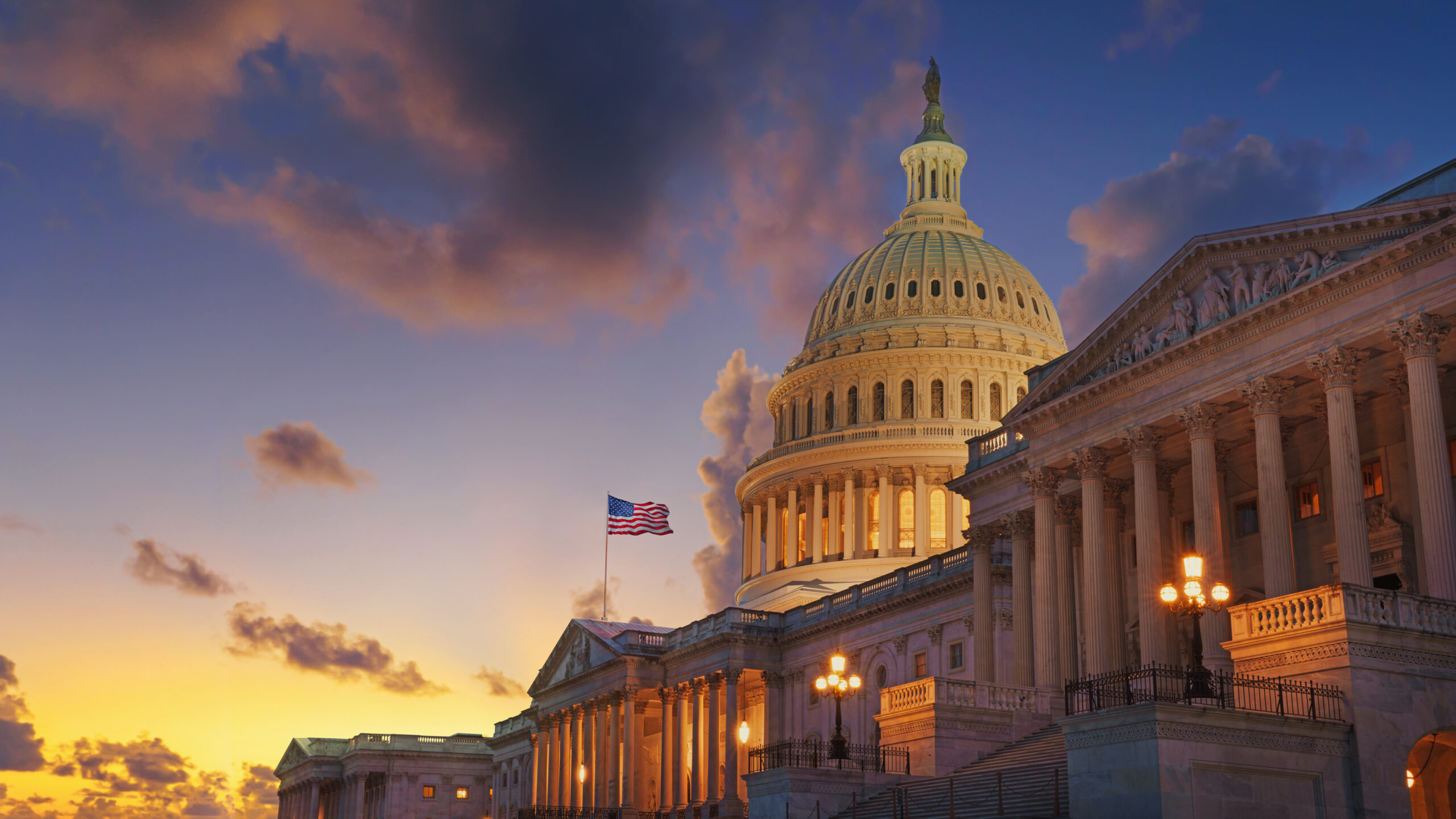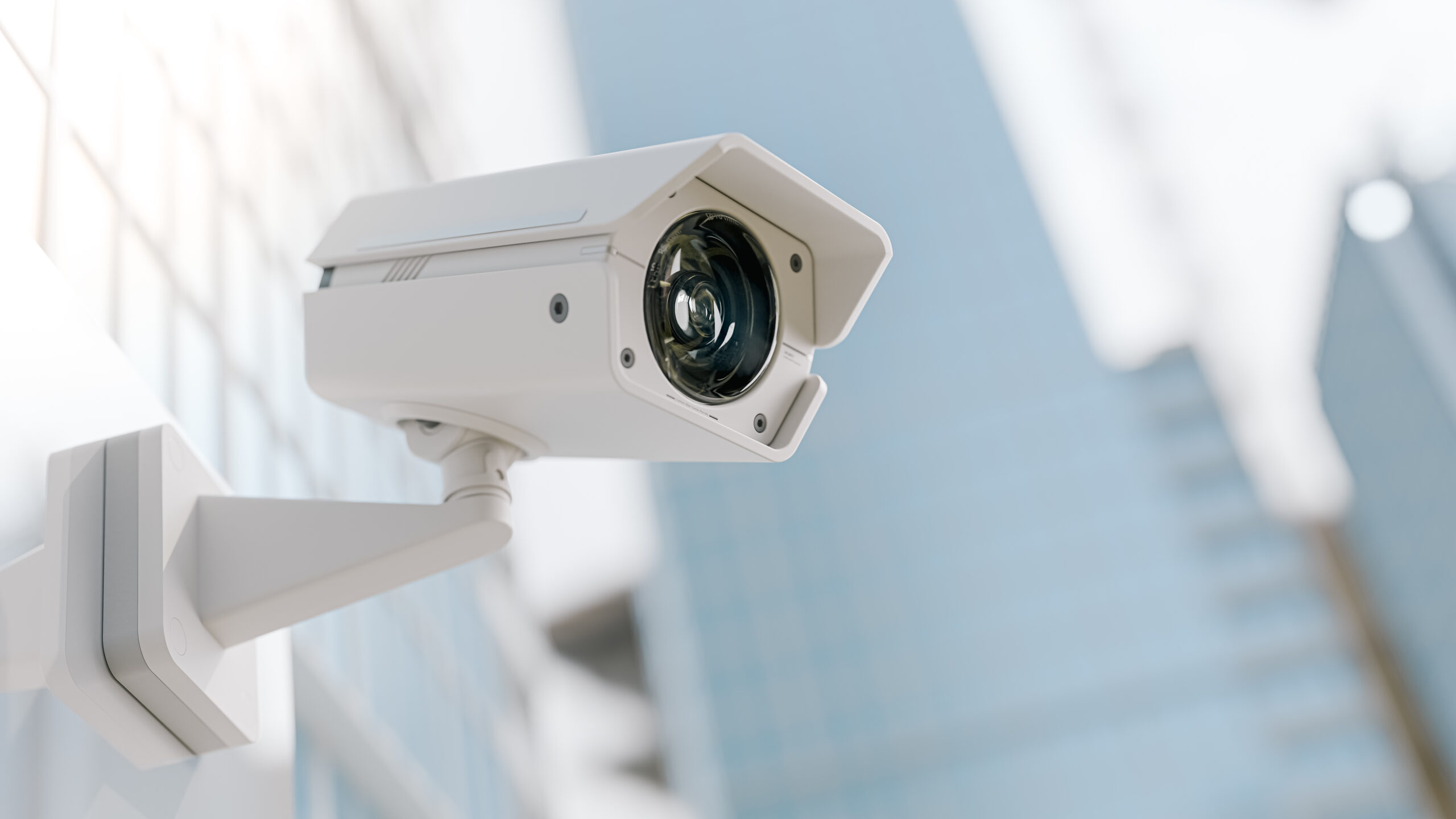
A discussion about Legislation in the United States that could harm the Private Investigator and Security industries.
Over 25 years ago, I started my profession in this industry in the city that never sleeps. The mid 90’s saw a considerable jump in technological advances that enabled people to operate their businesses using the latest equipment and software to gather intelligence. The industry boom brought the birth of 3rd party data vendors like Experian, ChoicePoint, and Merlin. These databases helped the average gumshoe refine their locating skills and helped us add to our abilities to do Open-Source Investigations through public records. Soon after, legislation was passed that began the regulation of this sector. The implementation of the Gramm–Leach–Bliley Act (GLBA), the Driver’s Privacy Protection Act (DPPA), and the Fair Credit Reporting Act (FCRA) helped shape the industry and how information is disseminated.
The private investigator and security industry is one that operates at the crossroads of privacy, protection, and access to critical information. While private investigators play an important role in assisting individuals, businesses, and law firms in gathering necessary data to solve cases, there are several proposals for legislative bills making their way through Congress that could severely limit our ability to do so. Below are five potential pieces of legislation that could harm the private investigator and security industry, followed by a discussion on the benefits of having the National Council of Investigation and Security Services (NCISS) represent the industry’s interests, and the role a lobbyist can play in protecting these interests. But first, let’s discuss five potential bills that can kill.
1. National Data Privacy

As concerns over data privacy continue to rise, lawmakers have begun introducing national data privacy bills aimed at regulating how companies and organizations handle personal data. These legislative efforts often center on limiting access to and use of personal information. While privacy is critical, national data privacy laws could create significant obstacles for private investigators, who depend on access to public records, databases, and personal information to perform their work.
Currently, no national data privacy bills are up for a vote in the U.S. Congress. The most recent significant development was in July 2022, when the House Energy and Commerce Committee advanced the American Data Privacy and Protection Act (ADPPA) with a bipartisan vote of 53-2. This bill aimed to establish a national standard for how tech companies collect and use Americans’ data.
However, the ADPPA did not proceed to a full House vote, and no similar comprehensive data privacy legislation has been introduced or scheduled for a vote since then. While there have been discussions and proposals, including the Consumer Online Privacy Rights Act (COPRA) introduced by Senator Maria Cantwell in 2019, these have not advanced to the voting stage.
In the meantime, various states have enacted their own data privacy laws, leading to a patchwork of regulations nationwide. Efforts to create a unified federal standard continue, but no national data privacy legislation is up for vote.
To conduct thorough investigations, private investigators rely on public records such as criminal history, driving records, property records, and other databases. If national data privacy laws restrict access to this information or impose overly restrictive requirements for obtaining consent from individuals before accessing their data, it could make it much harder for PIs to do their jobs effectively. These limitations may force investigators to spend more time and resources searching for legally accessible data or hinder the timely delivery of critical information needed for legal proceedings.
2. Independent Contractor Classifications

Private investigators often work as independent contractors or operate their own small businesses. A proposed change in how independent contractors are classified under federal labor law could severely impact the flexibility and profitability of many in the industry. Under the ABC Test (recently adopted in some states), independent contractors must meet strict criteria to remain classified as such. If a federal law is passed that enforces similar classification criteria, many private investigators would no longer be able to work independently.
This shift could require private investigators to become full-time employees of a larger company, reducing their flexibility, income potential, and autonomy. Moreover, hiring firms may become less willing to hire investigators on a contractual basis due to the added burden of ensuring compliance with new classification rules. This could also increase operational costs for investigative firms, limit flexibility for independent PIs, and reduce opportunities for freelance or contract work in the industry.
Currently, no national bills are up for a vote in the U.S. Congress specifically addressing the classification of independent contractors using the “ABC test.” The “ABC test” is a standard used to determine whether a worker is an independent contractor or an employee, and its application varies by state.
In California, the “ABC test” was codified into law by passing Assembly Bill 5 (AB 5) in 2019. This legislation expanded the “ABC test” application to a broader range of workers, aiming to provide greater protections to individuals previously classified as independent contractors.
Subsequent amendments, such as Assembly Bill 2257 (AB 2257) in 2020, modified certain exemptions to the “ABC test,” particularly for creative and artistic industries. These changes were intended to balance worker protections with the flexibility needed in specific sectors.
At the federal level, the Department of Labor introduced a rule in March 2024 that makes it more challenging for businesses to classify workers as independent contractors. This rule has faced legal challenges, and as of January 2025, a federal judge in New Mexico upheld the rule, dismissing a lawsuit that sought to overturn it.
While there is ongoing discussion and legal activity regarding the classification of independent contractors, no national legislation specifically adopting the “ABC test” is currently up for a vote in Congress.
3. Restricted Access to Public Records

Private investigators depend on public records to verify information and conduct background checks. However, several states have already begun to limit access to these records, citing privacy concerns or government transparency. In some areas, legislators are pushing for more stringent restrictions on public records, making it harder for PIs to access criminal history, financial records, and other critical information.
If federal lawmakers follow suit and impose nationwide restrictions on public records access, private investigators will face considerable challenges in gathering information to support their clients. Public records are often one of the only reliable sources of information for investigators working in areas such as insurance fraud, background checks, missing persons cases, criminal defense, litigation support, and more. Limiting access to these records could significantly hinder the industry’s ability to perform thorough investigations, not to mention the public’s right of access to records
No national bills are up for a vote in the U.S. Congress explicitly restricting access to public records under the Freedom of Information Act (FOIA). Recent legislative efforts have focused on enhancing transparency and public access to government information.
For instance, in January 2025, the Michigan Senate passed a bipartisan bill package that would significantly expand the state’s FOIA, making both the governor’s office and state legislature subject to public records requests for the first time since the law’s inception nearly five decades ago.
Similarly, in Arkansas, the General Assembly passed public records legislation to increase transparency, though some debates centered around the bill’s scope and potential exemptions.
While these developments pertain to state-level legislation, they reflect a broader trend toward enhancing public access to government records. At the federal level, no current bills propose restrictions on FOIA access.
It’s important to note that legislative priorities can change, and new bills may be introduced. For the most current information, monitoring official congressional records and reputable news sources is advisable.
4. Federal Data Retention Laws

Federal data retention laws are being introduced to increase accountability, particularly for tech companies. These laws could require private companies to retain user data for extended periods under the premise that such data is needed for national security, law enforcement, or litigation purposes.
These laws could present significant challenges for private investigators when accessing critical information on individuals, businesses, or organizations. If data retention periods are extended too long or access to this data becomes restricted, private investigators may face delays in obtaining essential digital records. Additionally, certain records or communications may no longer be accessible if they are deleted after the retention period expires. These restrictions could significantly reduce the scope and quality of investigative work. Investigators often rely on historical data to uncover evidence and track information. Restricting the availability of this data could hinder investigations and limit the effectiveness of private security services.
Currently, no national bills are up for a vote in the U.S. Congress specifically requiring federal data retention laws. However, existing federal regulations and policies govern the retention and management of records by federal agencies.
Federal Records Management Framework:
- Federal Records Act (FRA): The FRA mandates that federal agencies establish and maintain records management programs to ensure the proper creation, maintenance, and disposition of records. This includes guidelines on the retention and disposal of records.
- National Archives and Records Administration (NARA): NARA oversees the management of federal records, providing policies and guidance on records creation, maintenance, and disposition. This includes the development of records retention schedules and ensuring compliance with records management requirements.
- Office of Personnel Management (OPM): OPM offers guidance on records management for federal agencies, including compliance with records retention requirements.
Recent Legislative Developments:
In April 2024, the Senate introduced the “Strengthening Oversight of Federal Records Act of 2024” (S.4042). This bill aims to enhance the management and preservation of federal records, including provisions related to electronic records retention. Key aspects of the bill include:
- Proactive Disclosure of Records Retention Schedules: The bill proposes that the Archivist of the United States proactively disclose records retention schedules approved for federal agencies, promoting transparency and public access to information.
- Preservation of Electronic Records: The bill seeks to strengthen requirements for the preservation of electronic records, including those created or received through non-official electronic messaging accounts. It outlines specific conditions under which such records must be preserved and the responsibilities of federal employees in this regard.
As of now, S.4042 has been introduced in the Senate and is under consideration. It has not yet been passed into law. It is advisable to monitor official congressional records and reputable news sources for the most current information on this bill and any related legislative developments.
5. Restrictions on Surveillance Technologies

Surveillance technologies, such as drones, GPS tracking devices, and hidden cameras, are vital tools for private investigators to carry out their work. However, legislative bills could be proposed at both the state and federal levels to limit the use of these technologies. In particular, laws aimed at regulating or outright banning the use of surveillance tools on private property or without consent from individuals being monitored are gaining traction.
While some regulations are necessary to ensure the ethical use of surveillance technologies, overly restrictive laws could make it difficult for private investigators to gather critical evidence or track down subjects. For instance, laws that severely limit the use of GPS tracking devices could prevent investigators from performing vital tasks, such as tracking a missing person’s vehicle or monitoring the activities of a subject suspected of fraud.
Currently, no national bills are up for a vote in the U.S. Congress to restrict surveillance technologies. Recent legislative developments have expanded surveillance capabilities.
Expansion of Surveillance Powers:
- National Defense Authorization Act (NDAA): In December 2024, Congress passed the NDAA, which expanded Section 702 of the Foreign Intelligence Surveillance Act (FISA). This expansion grants the government broader authority to mandate companies to assist in wiretapping international communications, potentially increasing surveillance of private communications, including those of U.S. citizens. Legal experts have expressed concerns that these changes could lead to vague and expansive surveillance powers, bypassing federal judicial review.
Legislative Developments:
- RESTRICT Act: In March 2023, Senators Mark Warner and John Thune introduced the Restricting the Emergence of Security Threats that Risk Information and Communications Technology (RESTRICT) Act. This bipartisan legislation aims to empower the Department of Commerce to review, prevent, and mitigate information communications and technology transactions that pose undue risks to national security. While the bill addresses national security concerns related to foreign technologies, it does not specifically focus on restricting surveillance technologies. Currently it is based on Governmental oversight, but it has the potential to stretch into private commerce and effect our industry.
Recent Legislative Actions:
- Drone Surveillance Bill: In January 2025, Senate Majority Leader Chuck Schumer attempted to advance a bill enabling local law enforcement to track aerial drones. The bill was blocked by Senator Rand Paul, who cited concerns over Americans’ privacy and civil liberties under the Fourth Amendment. This incident highlights ongoing debates regarding the balance between security measures and individual privacy rights.
The Role of NCISS and Lobbyists in Protecting the Industry
As these legislative threats loom, the National Council of Investigation and Security Services (NCISS) plays an essential role in representing the interests of private investigators. NCISS is a nonprofit organization dedicated to advocating for the rights of private investigators and security professionals. Through its work, NCISS helps shape policies and regulations that impact the industry, ensuring that investigators’ access to critical information and tools is not unduly restricted.
NCISS works tirelessly to:
- Monitor Legislation: NCISS tracks legislation that may affect the private investigator industry and responds quickly with appropriate lobbying efforts.
- Advocate for Fair Regulations: NCISS lobbies lawmakers to ensure that new laws protect privacy rights without limiting the essential tools private investigators need to do their jobs.
- Support Investigators’ Rights: NCISS fights for policies that protect the professional rights of private investigators, ensuring that they can continue their work while adhering to ethical standards.
The Importance of a Lobbyist
A lobbyist can be an invaluable resource for private investigators and security professionals, especially when influencing legislation. Lobbyists work closely with lawmakers to advocate for the industry’s interests. Here are several ways a lobbyist can help protect private investigators and security professionals:
- Expert Advocacy: Lobbyists are experienced in the legislative process and can ensure that the concerns of the private investigator community are heard.
- Strategic Influence: Lobbyists can help shape bills before they become law, offering input on provisions that could harm the industry.
- Networking and Alliances: Lobbyists maintain relationships with key lawmakers and government officials, increasing the chances of favorable outcomes for the industry.
By working with NCISS, who engage the services of a lobbyist firm, private investigators and security professionals can ensure that their industry’s needs are considered in the face of harmful legislation.
Not only does NCISS advocate for our profession year-round, it is a national association that brings together experts and colleagues from across the country. NCISS offers ongoing training, professional development, discounts, and a robust national member listserv for ongoing referrals and case support. Joining NCISS is a great benefit to all investigators in the country.
Hit The Hill – March 24–25, 2025

NCISS invites all investigators and security professionals nationwide to join us for our annual Hit the Hill event in Washington, D.C. Join our efforts to advocate for our industry, justice system, and society. By attending Hit the Hill, you are essential in protecting our profession and advancing the rights of all we serve.
During Hit the Hill, attendees meet with members of Congress to discuss critical legislative issues and educate lawmakers on the important role of investigators and security professionals. We inform staffers and legislative representatives about our work, who we serve, and how legislation could impact on our profession and the general public. Hit the Hill is critical to ensure we have a voice in national policymaking. Networking is also a big part of the event and a great way to meet fellow members and professionals throughout the U.S.
Learn more by visiting: www.nciss.org and by clicking on the Events tab.
In conclusion, the future of the private investigator industry depends on the ability to stay vigilant and engaged with ongoing legislative efforts. By supporting organizations like NCISS and by using lobbyists to protect industry interests, private investigators and security specialists can help shape laws that allow them to continue their work while maintaining the balance between privacy and access to critical information.


